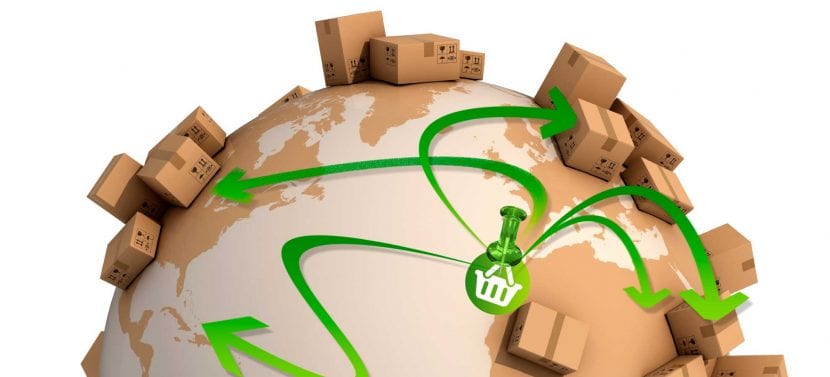
Every cloud merchant must have a basic perception of what it means to have a logistics chain. Even merchants who do not have experience in this aspect, in one way or another they are immersed in a logistics process to send your customer their order.
We can define a logistics chain of an ecommerce store as the series of steps that are carried out for a customer to obtain your product or service once the order is placed. It is called a chain because all events, from order placement to final delivery, are correlated with each other.
It is important define the links in the logistics chain for the simple and straightforward fact that by doing so we will be able to identify those in which we may be losing money, or in which we can perhaps improve to provide better service and quality to our customers. Most online businesses follow the following logistics chain.
- Customer places an order
- The order is received and its existence in the warehouse is checked.
- The order is validated and the payment is made
- Invoices and other documentation necessary for shipment are created
- The product is packaged and labeled
- It is sent to the client.
- The receipt is confirmed and the purchase is closed
The links in the chain may change depending on each situation and each business, but this model is useful as a basis for defining the your company's logistics chain. Once you have it, it is useful to go link by link looking for the strengths, weaknesses, opportunities and threats of each of them. If you go through this process periodically, you will see that you will always have an updated logistics chain and you will be able to provide a better service to your customers.